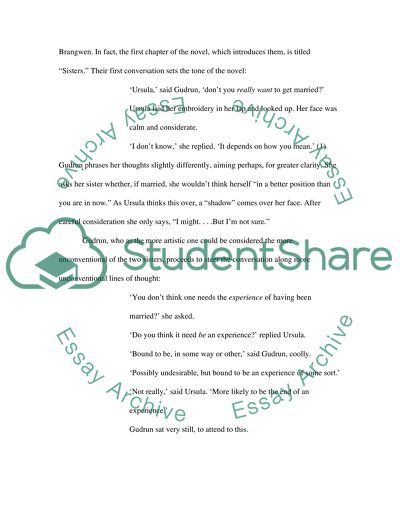Cite this document
(“Defiantly Unconventional, Definitely Modernist: Sexuality in Women in Essay”, n.d.)
Defiantly Unconventional, Definitely Modernist: Sexuality in Women in Essay. Retrieved from https://studentshare.org/miscellaneous/1527275-defiantly-unconventional-definitely-modernist-sexuality-in-women-in-love-and-to-the-lighthouse
Defiantly Unconventional, Definitely Modernist: Sexuality in Women in Essay. Retrieved from https://studentshare.org/miscellaneous/1527275-defiantly-unconventional-definitely-modernist-sexuality-in-women-in-love-and-to-the-lighthouse
(Defiantly Unconventional, Definitely Modernist: Sexuality in Women in Essay)
Defiantly Unconventional, Definitely Modernist: Sexuality in Women in Essay. https://studentshare.org/miscellaneous/1527275-defiantly-unconventional-definitely-modernist-sexuality-in-women-in-love-and-to-the-lighthouse.
Defiantly Unconventional, Definitely Modernist: Sexuality in Women in Essay. https://studentshare.org/miscellaneous/1527275-defiantly-unconventional-definitely-modernist-sexuality-in-women-in-love-and-to-the-lighthouse.
“Defiantly Unconventional, Definitely Modernist: Sexuality in Women in Essay”, n.d. https://studentshare.org/miscellaneous/1527275-defiantly-unconventional-definitely-modernist-sexuality-in-women-in-love-and-to-the-lighthouse.


